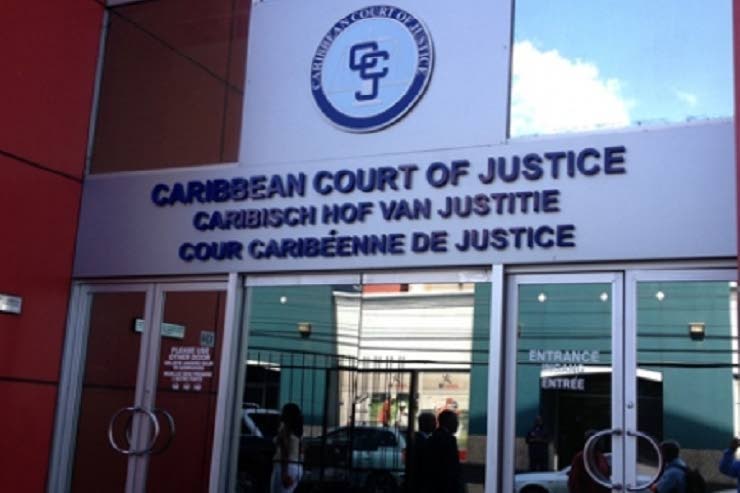CCJ makes historic decision

The Caribbean Court of Justice (CCJ) recently gave its first advisory opinion concerning the interpretation and application of the Revised Treaty of Chaguaramas (RTC). The opinion was requested by the Caricom Heads of Government
The case concerned a decision by the heads to include agricultural workers and security guards on the list of Caricom workers who were entitled to seek employment in each other’s country, called the enlargement decision. The second decision was to agree to the requests made by the states of Antigua and Barbuda and St Kitts and Nevis to opt-out of that decision for five years.
The court was to give its opinion on whether the member states could lawfully opt out of the decision and if the principle of non-reciprocity would allow nationals of the states opting out to benefit from the decision. The principle of reciprocity means that privileges, favours, or benefits that are granted by one state to the citizens or legal entities of another state should be returned in kind. A principle of non-reciprocity means that such returns are not to be expected.
The court said it was lawful for Antigua & Barbuda and St Kitts & Nevis to request an “opt-out” of the obligations arising from the enlargement decision of the conference, and it was also lawful for the conference to grant the opt-outs.
However, it said the opt-outs did not prejudice the fundamental objective of freedom of movement of skilled nationals. The court then concluded that an opt-out is to be treated as being non-reciprocal in character. It advised that the principle of non-reciprocity applies to enlargement decisions so that nationals of Antigua and Barbuda and St Kitts and Nevis who are security guards and agricultural workers are entitled to enjoy the benefits of the enlargement decision.

Comments
"CCJ makes historic decision"